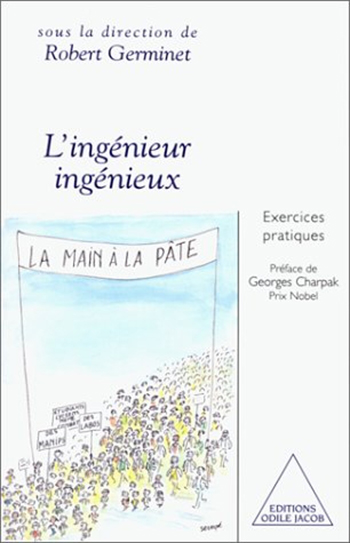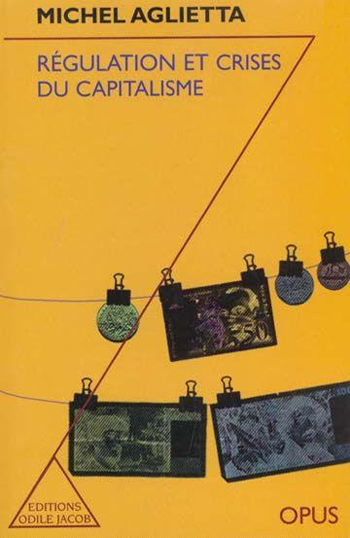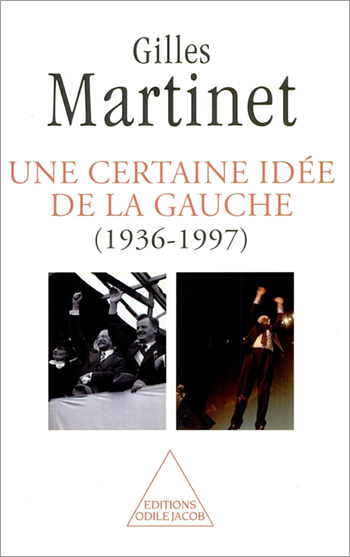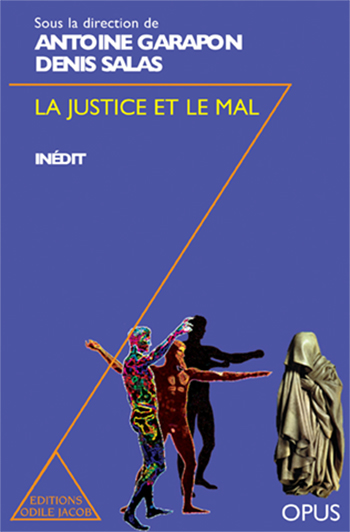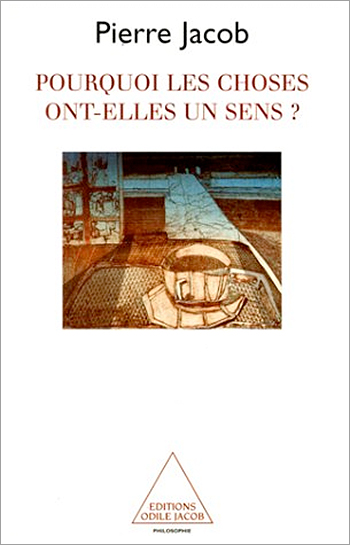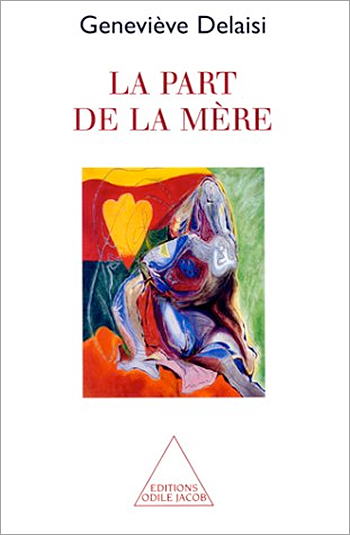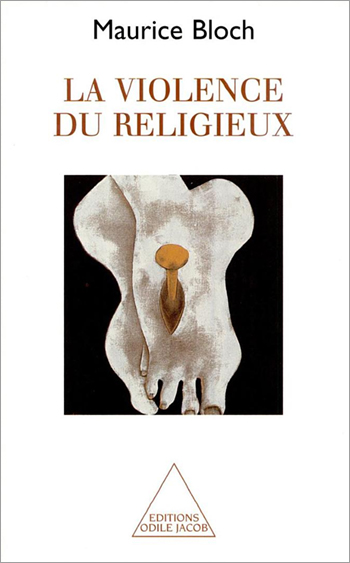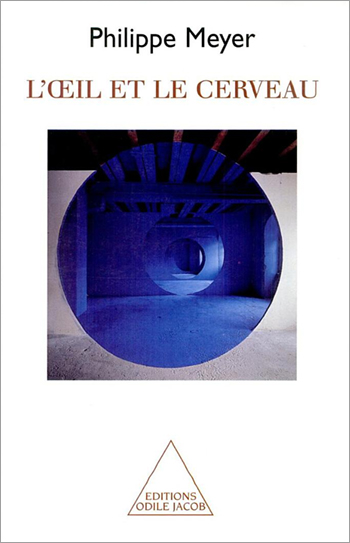Human Sciences All books
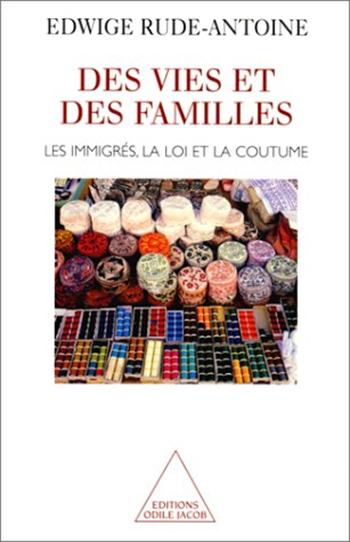
Edwige Rude-Antoine
Lives and Families Immigrants, Laws and Customs
For more than twenty years, immigration concerned only single men seeking employment. Today, whole families migrate creating new legal and cultural problems: people forced to return to their native country, polygamy, excision, arranged marriages. In her book Edwige Rude-Antoine analyzes the State's intervention in citizens' private lives and its significance. She also determines concrete principles that constitute a harmonious, multi-cultural society. Edwige Rude-Antoine has a PhD in law and specializes in immigration.
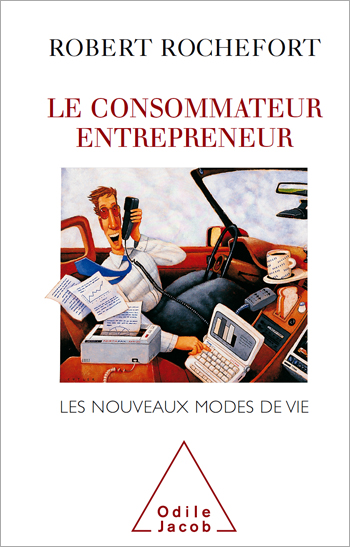
Robert Rochefort
The Consumer-Entrepreneur
The author shows in this new book how in the age of the consumer-entrepreneur professional life and private life tend to merge ; thus on one hand, the consumer tends to manage his family life as he would a company - paying attention to efficiency, cost effectiveness, optimization. On the other hand, he uses more and more products that have a professional and personal use - portable phones, computers - and buys more half finished, do-it-yourself products that he completes. This book profiles a society of individual entrepreneurs that is emerging from the previous salary society of the nineteenth and twentieth centuries. Robert Rochefort is the director of the Research Center for the Study and Observances of Living Conditions.
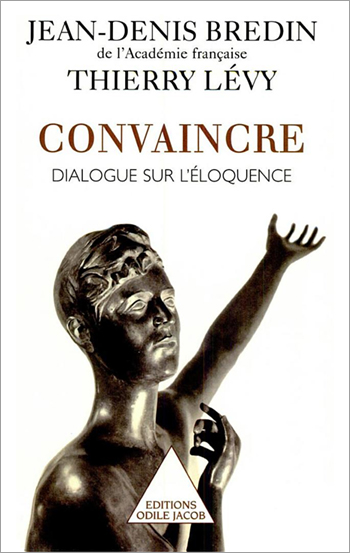
Jean-Denis Bredin, Thierry Lévy
Convince A Discussion of Eloquence
Two of France's most celebrated lawyers demonstrate the power of skillfuloration and how it can subordinate the actual facts. Anyone that is fascinated by speech, judicial history, and the art of debate, will truly enjoy gaining the knowledge, power and sense of conquest that this book imparts as they learn from the masters how to use eloquence advantageously. Entertaining, savage and brillant, this dialogue promises to help all with the art of elocution.
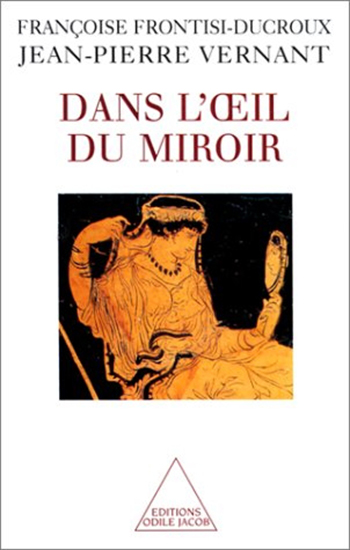
Jean-Pierre Vernant, Françoise Frontisi-Ducroux
In the Eye of the Mirror
How do the Greeks think of themselves ? Why do mirrors rarely reflect the true image of the person that looks into them ? And what image are they trying to project on others ? Formulated from an abundance of literature, iconography, and archeology, this book discusses the beginning foundations of individual representation. It is primarily a study of realities and appearances in an interpersonal society where social and personal status are dependant on how one is viewed and received in society. Secondly, the book analyses sexual identity and what it was in ancient Greece, through the study of a universal symbol, the mirror. Jean-Pierre Vernant and Françoise Frontisi-Ducroux teach at the College of France.

René Frydman
God, Medicine and the Embryo
With ethical questions raised about medically assisted pregnancies and medical experimentation, the eugenics debate has become a mute point. Yet bioethical legislation has remained ambiguous. René Frydman has made himself the ardent defender of progenics, a predictive and humanistic medicine. Here, Frydman reflects on the problem of the human embryo through the different points of view of science, religion, law, and morality, and answers ethical and religious questions that he has been asked by his patients. René Frydman is a gynecologist-obstetrician and a member of the FrenchEthics Committee.
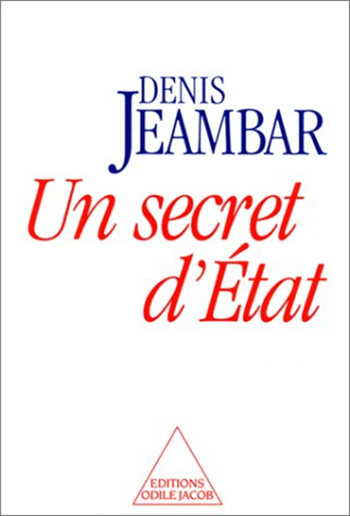
Denis Jeambar
A State Secret
From a resounding victory, full of promises, to a surprise, humiliating defeat, the presidency of Jacques Chirac didnt manage to astonish the French nation or the world. This book lifts the lid on the plotting and secrets of the presidency. Denis Jeambar is the editor of the Express.
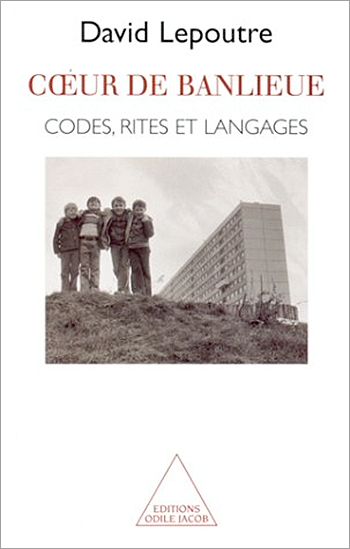
David Lepoutre
At the Heart of the Suburbs Codes, Rites and Languages
In the last 15 years, the social disease of suburban youth has been on the front pages of newspapers, feeding fear and encouraging a certain social and political discourse centered around the notions of crisis, disorder and desocialization. Coming from a direct experience, this book opposes the "problematic of the social vacuum" with a resolutely ethnological approach to relations between the adolescents of large urban settings. David Lepoutre is a professor of History and Geography in the second degree and gives courses in Ethnology at the Universities of Paris XIII and Lille II.

